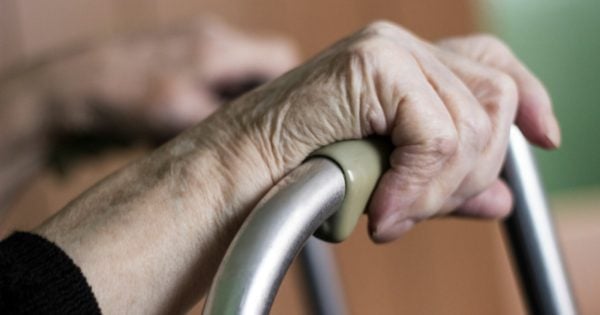
Henry Brodaty, UNSW Australia and Clare Collins, University of Newcastle
Alzheimer’s disease, the most common form of dementia, is a growing problem worldwide. There are 350,000 people with dementia in Australia and this is set to rise to 900,000 by 2050. There is no cure for Alzheimer’s disease.
So if “coffee really can help to prevent dementia”, as a headline by the Daily Mail last week suggested, that would be amazing. This is why the study on which the headline was based received so much interest.
It was reported on by publications such as the the Independent and websites dedicated to anti-ageing research.
According to the Daily Mail, the study showed:
Women over the age of 65 who had a normal caffeine intake were 36% less likely to develop a cognitive impairment.
Unfortunately there are many reasons not to get excited. The study was observational: a look back through data collected over many years. This means many reasons that weren’t explored may account for the findings that women who drank coffee decreased their risk of dementia.
Factors not examined included diet, exercise, general health and use of other medications. Basically, researchers found drinking coffee was associated with lower dementia risk; not that coffee caused the lower risk. Coffee may have nothing to do with it. And there are many other reasons to be sceptical.
Where did researchers get their information?
Ira Driscoll and colleagues from the University of Wisconsin-Milwaukee have published an interesting analysis in the reputable Journals of Gerontology, Medical Sciences. The information they used to come to their conclusions comes from women aged 65 to 80 who participated in the Women’s Health Initiative Memory Study (WHIMS) and were followed for up to ten years.

